Could this ESP32-based compute module replace the Raspberry Pi CM3?
The OpenThings team is gearing up to launch their latest innovation, the Openthing 1 ESP-CM3. This powerful, affordable, and accessible device is designed as an alternative to the Raspberry Pi Compute Module 3, leveraging the capabilities of the ESP32-S2 microcontroller.
The ESP32-S2 is a versatile computing device that can easily replace the Raspberry Pi Compute Module 3. It is powered by a single-core Xtensa® 32-bit LX7 CPU that operates at up to 240 MHz, providing ample processing power for a wide range of applications. The ESP32-S2 also features built-in Wi-Fi and USB connectivity, making it easy to connect to the internet or other devices.
Watch Ian discuss the Openthing 1 ESP-CM3 in this week's episode of The Electromaker Show:
One of the key advantages of the ESP32-S2 is its lower power consumption, which is crucial for applications that require battery-powered operation. Unlike the Raspberry Pi Compute Module, which requires an operating system like Debian Linux or the Raspberry OS, the ESP32-S2 can run custom firmware, simplifying the management of multiple boards.
Despite these differences, the ESP32-S2 and Raspberry Pi CM 3 share some similarities. Both devices feature multiple input/output (I/O) pins and protocols like I2C and SPI, which can be used to connect various sensors and other components. They also support programming using a variety of languages, including C++, Python, and others.
The Openthing 1 ESP-CM3 comes with a range of features and specifications, including between 4 MB and 8 MB of integrated RAM, support for up to 4 GB external memory, onboard Wi-Fi, and a full-speed USB On-The-Go (OTG). It also includes 2 GPIO expanders to perfectly fit the 45 GPIO Pins of the RPi CM3.
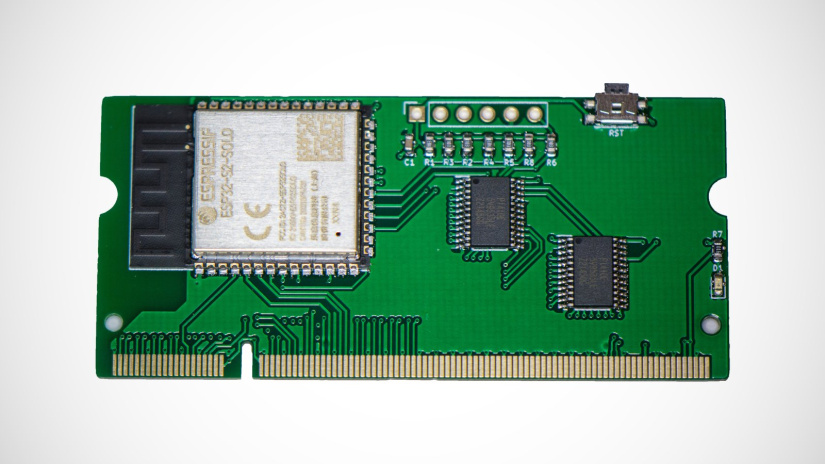
Features and specifications
- Processor: single-core Xtensa® 32-bit LX7 CPU
- Memory: between 4 MB and 8 MB of integrated RAM, support for up to 4 GB external memory
- WiFi: onboard
- Ethernet: external USB to Ethernet bridge converter needed
- Power consumption: between 5 and 240 milliwatts (mW)
- Operating system: can run a variety of operating systems or can be programmed to run custom code directly on the microcontroller
- USB: a full-speed USB On-The-Go (OTG)
- GPIO: 45
- I2C: 2x
- SPI: 2x
- UART: 1x
The Openthing 1 ESP-CM3 hardware is fully open-source and OSHWA certified. The device comes without any firmware or software, allowing users to customize it according to their project needs. It can run a variety of operating systems like Zephyr or Micropython, which are easy to use.
Stay tuned for the launch of this project and sign up to be notified about news and stock updates. OpenThings is all set to "Open the World" with their innovative products.



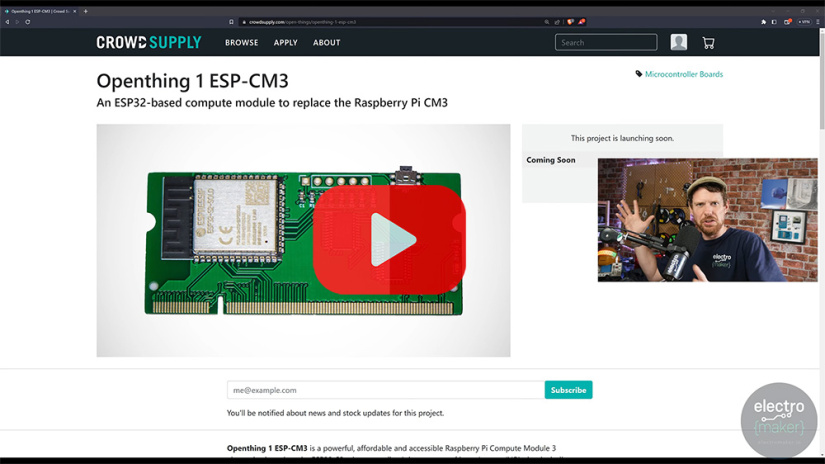


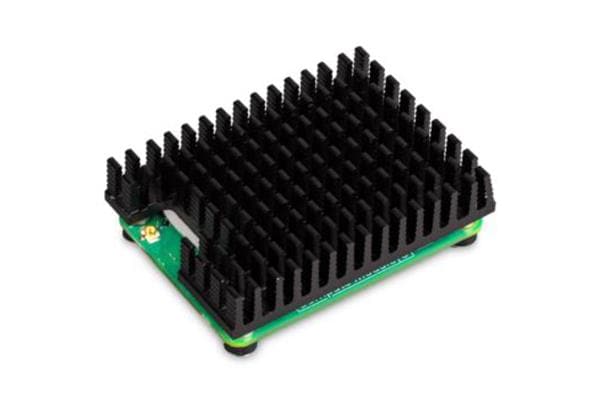
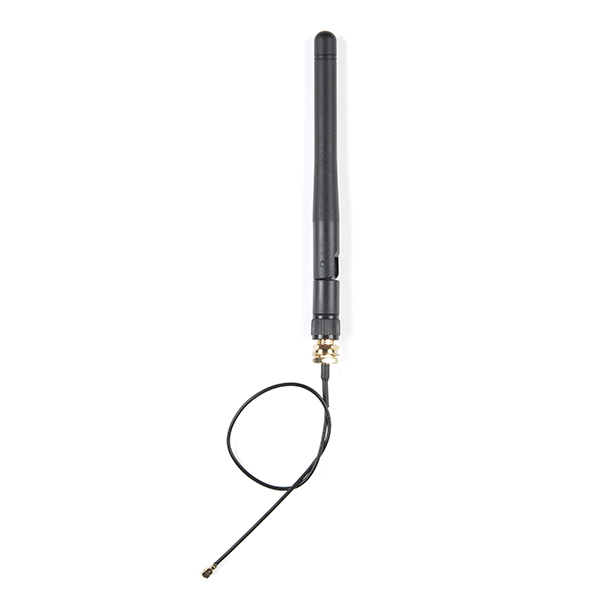


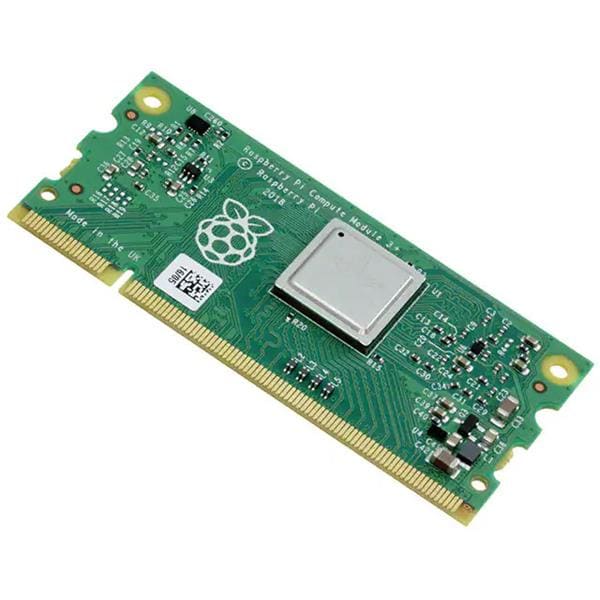
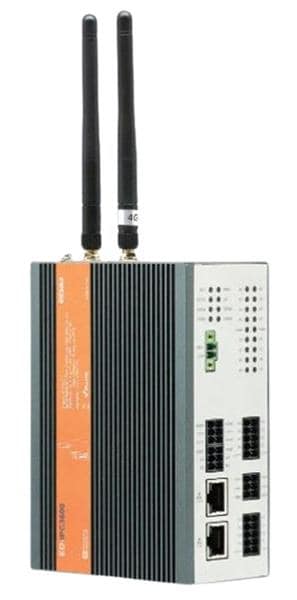
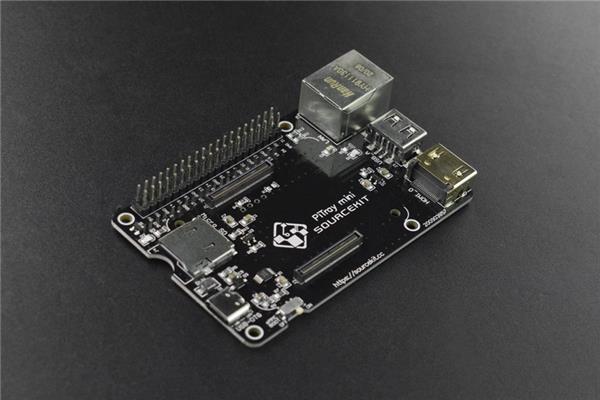
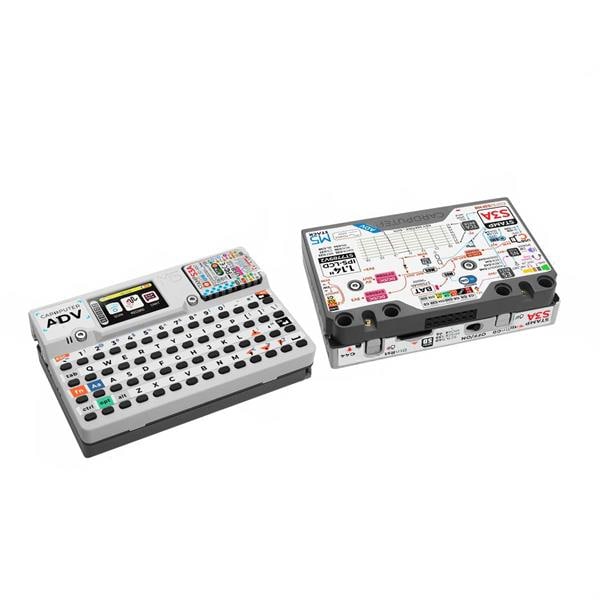
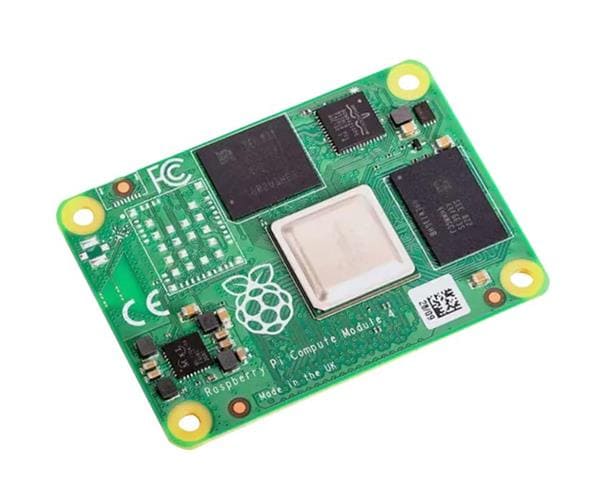
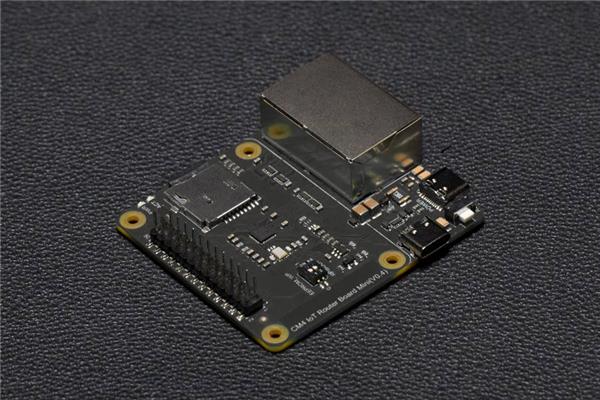
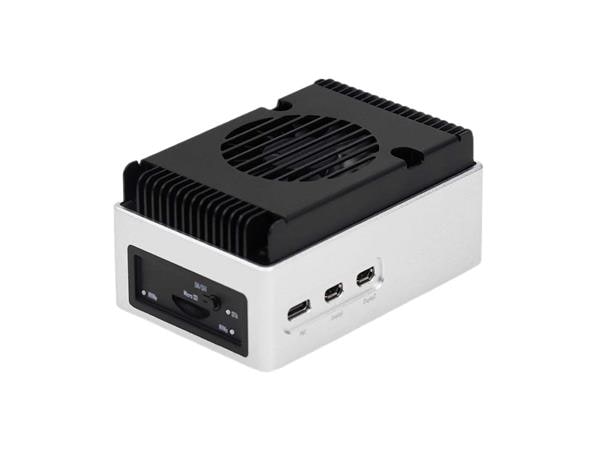
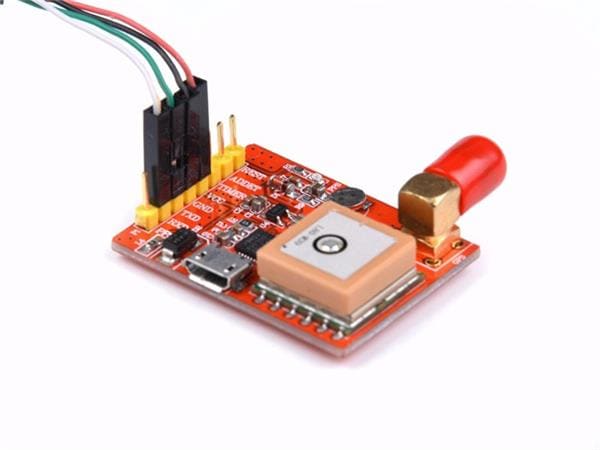
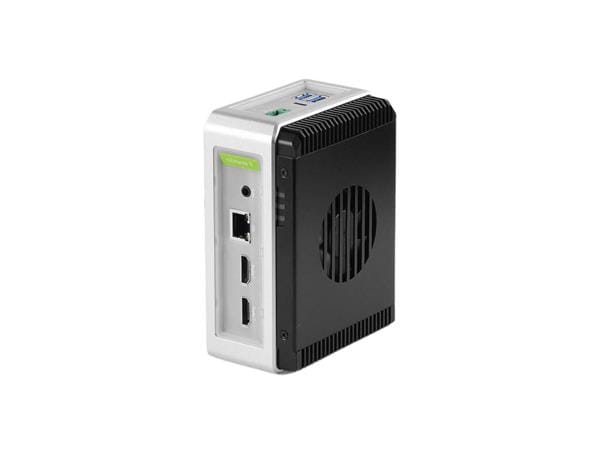
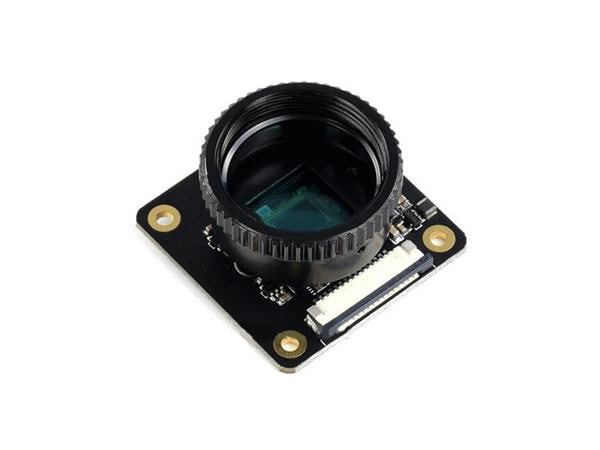
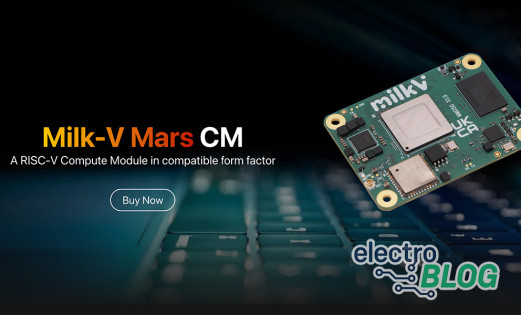

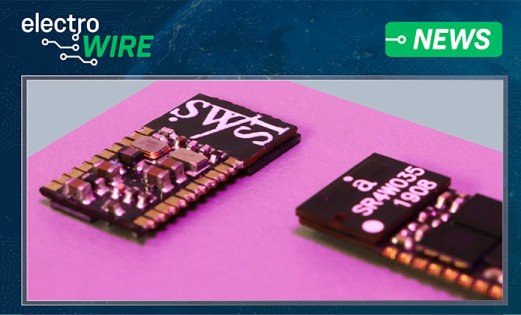
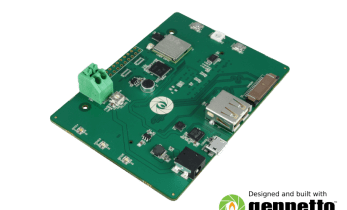
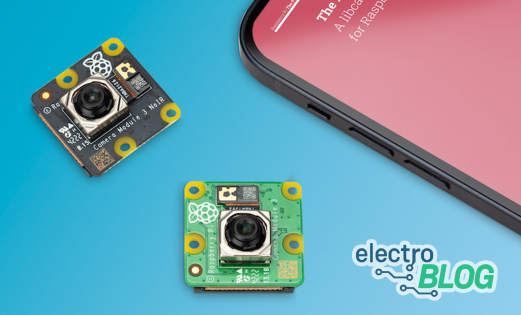
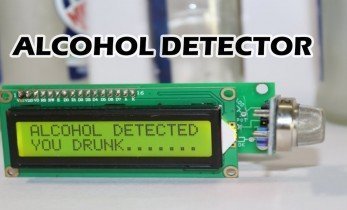

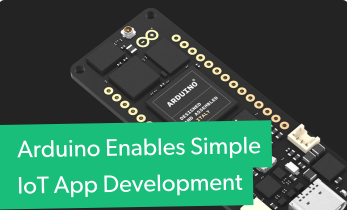

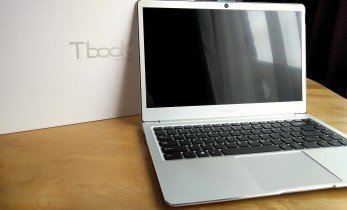
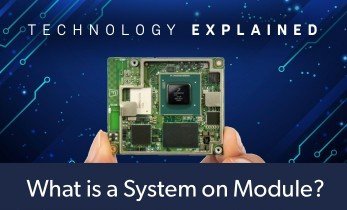


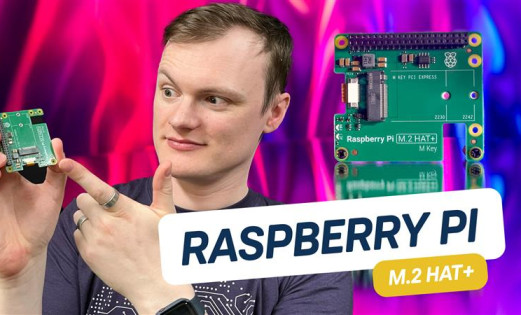


Leave your feedback...